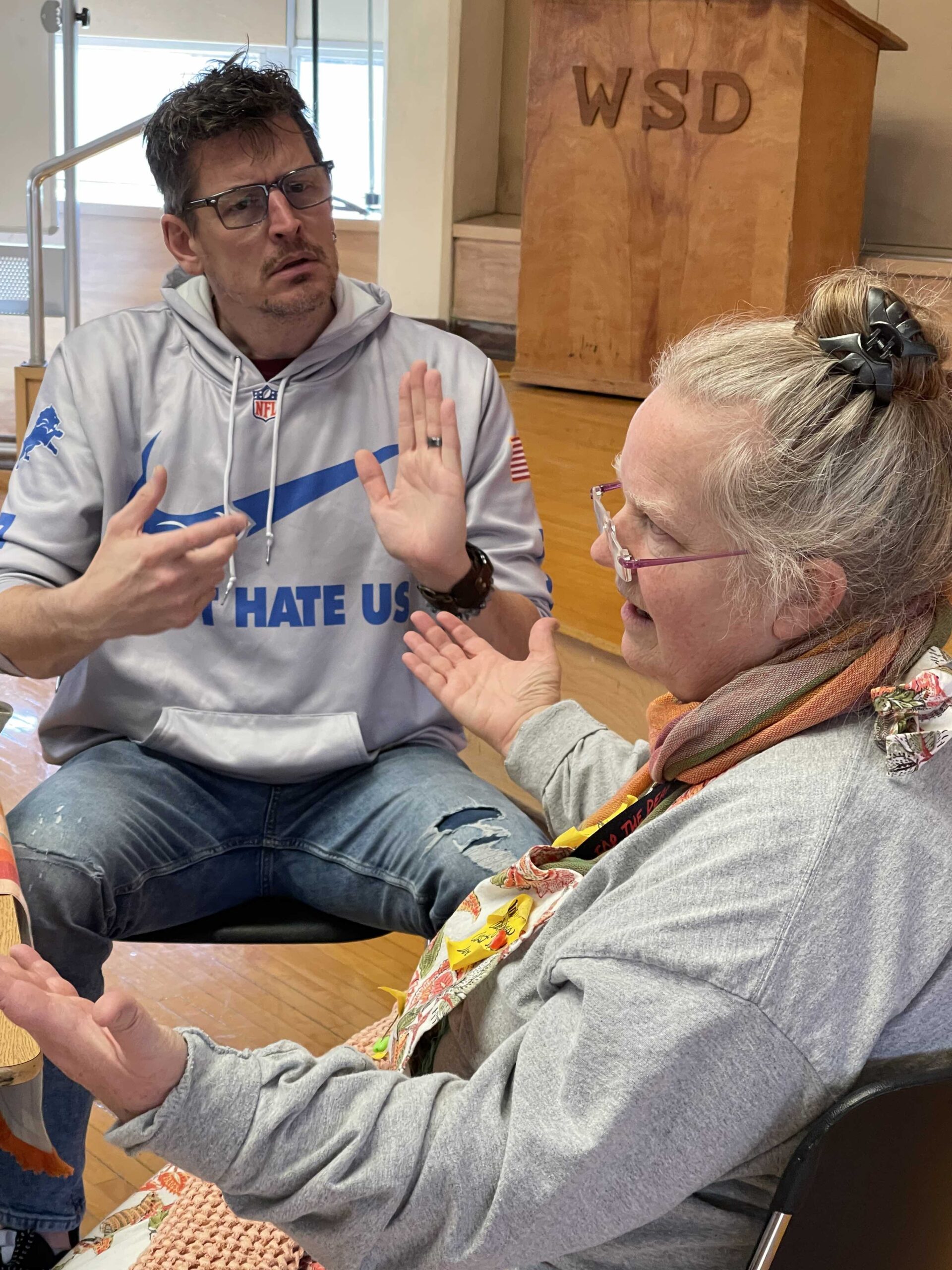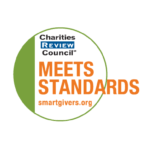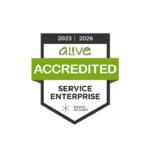
Nationwide, nearly 11 million people are deaf or seriously hard of hearing. In Minnesota and Wisconsin, the deaf community may be as large as 220,000 adults and children. Another 1.8 million (yes, MILLION) members of our MN/WI communities experience hearing loss requiring interpretive and assisted listening services to receive public health support.
Thanks to a grant from the Wisconsin BOLD Initiative (Building our Largest Dementia Infrastructure), The Remember Project is exploring how to use what we’ve learned in our community engagement model to fully serve the deaf & hard of hearing community. After just one rehearsal of “Fortune Cookies” by Bonnie Dudovitz, we are deeply moved by the new layers of meaning found in translation from written/spoken English to American Sign Language.
In “Fortune Cookies,” a woman gets an unexpected visit from her son. We’ve marveled how a 15-minute play can tell a universal story so well and do so in a way that opens such lively conversations about the fear of cognitive decline. When actors are deaf and the audience includes deaf community members who experience the story in THEIR language, we live fully into our Remember Project values: to remember compassion, remember kindness, and remember humanity.
It’s all too easy, as hearing members of society, to miss the additional fear and confusion that exists around dementia for those who cannot hear. It’s easy to be unaware that the only readily available public health information for the deaf & hard of hearing community is typically pamphlets. We know we can do better. We know we must do better.
At the intersection where we work with The Remember Project (the arts, health, and community building), opportunities for insight are unending, as are the opportunities for using this community engagement model to reach everyone. What we find in translation as we partner with any marginalized segment of society, consistently brings new meaning to the important work of the Dementia Friendly Communities movement. Sometimes, the translation is literal and references a specific language, yet we also continue to learn from and with our partners as we explore the wide array of cultural relevance that makes our region so dynamic!
We have such gratitude to the WI-BOLD program for their encouragement and partnership. We hope to begin a parallel process in Minnesota later this year. To learn more, please contact Betsy Meyer, Director of Programs & Partnership Development (bmeyer@rememberproject.org) and stayed tuned for upcoming performance dates!



